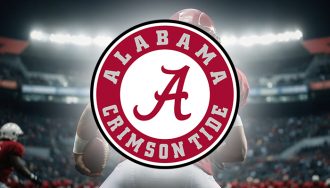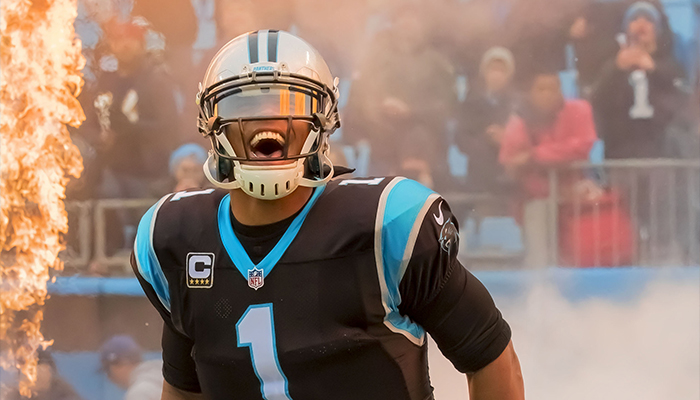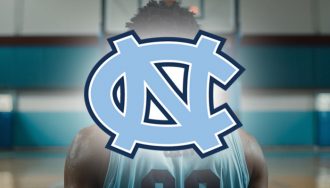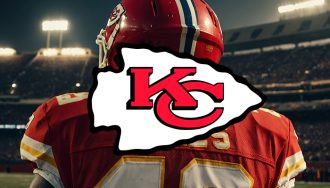 Betting Bill Fails to Get Past Alabama Conference CommitteeRead Article
Betting Bill Fails to Get Past Alabama Conference CommitteeRead Article Lisa SpencerMay 18, 2024
Lisa SpencerMay 18, 2024
The North Carolina State Lottery Commission has recently unveiled comprehensive regulations to manage the newly authorized sports betting operations in the state. This follows the state legislature’s decision earlier this year to legalize in-person sports betting at professional sports venues as well as via online platforms.
When drafting the regulations, The Lottery Commission is said to have sought insights from seasoned professionals in the sports betting industry to ensure the rules were as effective as possible. The proposed regulations were made public, and a key aspect of the proposals related to a provision for anonymous betting.
Under the proposed rules, bets up to $10,000 can be placed without identity disclosure. However, for higher stakes or payouts above this threshold, bettors are required to provide personal details such as name, date of birth, address, and social security number.
The state’s sports betting law has identified four professional sports stadiums eligible to host in-venue sportsbooks. These are Bank of America Stadium (NFL Carolina Panthers), Spectrum Center (NBA Charlotte Hornets), PNC Arena (NHL Carolina Hurricanes), and WakeMed Park (NWSL North Carolina Courage).
In addition, Charlotte Motor Speedway and two golf clubs, the Sedgefield Country Club and Quail Hollow Club, are authorized to operate “temporary” retail sportsbooks during their major events.
The proposed rules also set boundaries for sports betting operators like DraftKings and BetMGM, banning them from primary sponsorship of these stadiums and venues.
The proposal states that no operation:
…shall contract for or purchase the right to name a Sports Facility or racetrack, or any physical locations within the Sports Facility or racetrack, including but not limited to seating locations, luxury boxes, parking lots, concourses, track, playing field, court, golf holes, locker rooms benches, concession stands, and the like.
In a move to promote responsible gaming, all sports betting advertisements are required to include a disclaimer highlighting the age restriction of 21 years and above. Furthermore, the regulations strictly prohibit sportsbooks from forming marketing partnerships with colleges and universities and ban advertising on media and social platforms that are mainly targeted at audiences under the age of 21.
The Commission also aims to curb misleading promotions by ensuring that terms like “risk-free” or “free” bets in sportsbook marketing are not used.
Time is of the essence when it comes to these regulations, as North Carolina’s law states that sports betting operations must commence between January 8, 2024, and June 15, 2024. There will be an open window for public comments until November 27, which will give stakeholders a chance to voice their opinions and suggestions.
Each stadium is allowed to collaborate with one online sports betting operator, though the initial proposal for 12 online sportsbooks was reduced to seven following an amendment. The licensing fee for each sportsbook stands at $1 million, and operators will have to contribute 18 percent of their gross proceeds to the state.
Like other states, North Carolina hopes to see a healthy new revenue stream from the legalization of sports betting in the state. While a January launch means that the state will miss out on the 2023 football season, there will still be other major events to look forward to, such as the Super Bowl and March Madness.
 Betting Bill Fails to Get Past Alabama Conference CommitteeRead Article
Betting Bill Fails to Get Past Alabama Conference CommitteeRead Article Lisa SpencerMay 18, 2024
Lisa SpencerMay 18, 2024 North Carolina Lawmaker Introduces Bill to Ban College Prop BetsRead Article
North Carolina Lawmaker Introduces Bill to Ban College Prop BetsRead Article Lisa SpencerMay 15, 2024
Lisa SpencerMay 15, 2024 November Referendum on Sports Betting Likely in MissouriRead Article
November Referendum on Sports Betting Likely in MissouriRead Article Lisa SpencerMay 13, 2024
Lisa SpencerMay 13, 2024